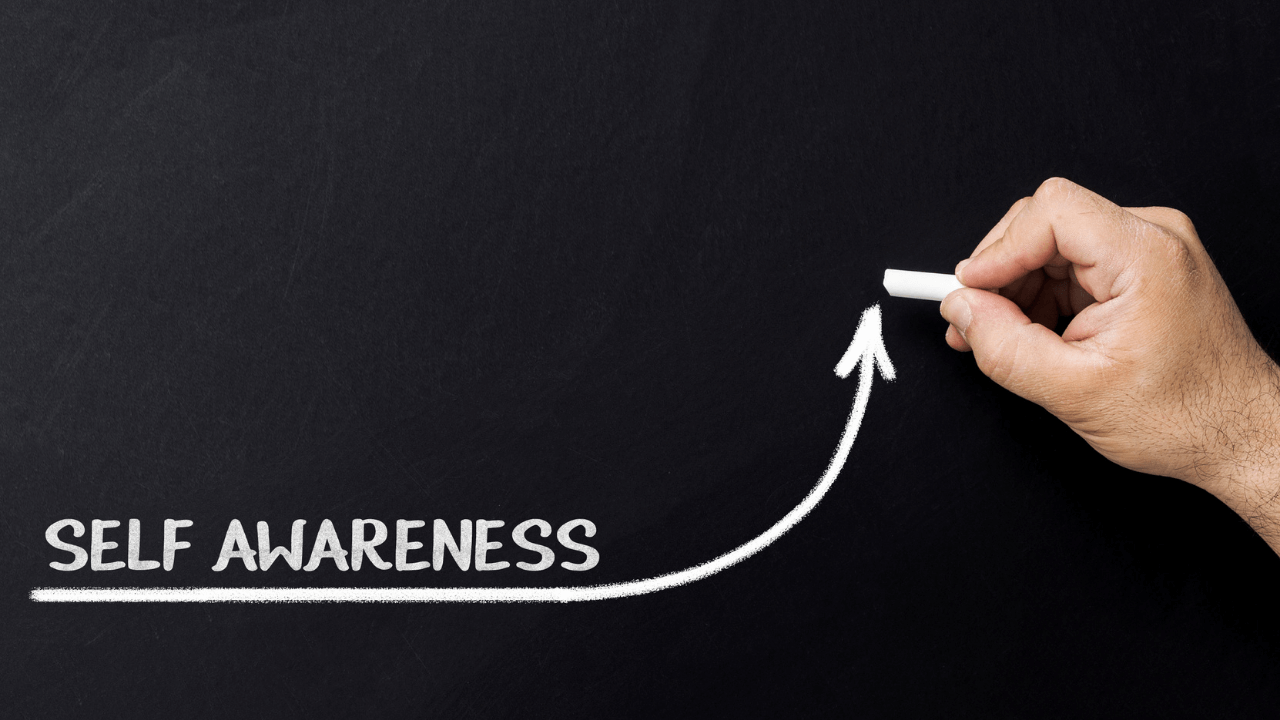Why Self- Awareness is Step One for any Performance Improvement
Jun 24, 2021
When are you at your best? What are your emotional triggers? How do you reset? When do you need to reset? I ask these exact questions and questions like these when I am working with a client who is looking to improve their performance. From the board room to the ball field, having a commitment to self-awareness is the first step to any improvement in performance.
As I was finishing up my doctoral program, I was tasked with developing my theory of performance excellence. This theory was the culmination of 4+ years of focused study on what moved the needle for individuals seeking to perform at or near their full potential. In my original theory, I made the argument that it was an individual’s mindset that was at the core of peak performance. After working with athletes (from youth to elite) as well as business professionals, I have amended my working theory to contend that, while the right mindset is critical, it is a commitment to increasing one’s self-awareness that is step one in an individual’s path to performance excellence.
For the sake of being on the same page, let’s define self-awareness as our ability to be knowledgeable about ourselves. This includes our feelings, thoughts, belief systems, motivations and personal attributes.
For athletes, high levels of self-awareness means that they know the variables surrounding their peak performances and what is happening when they are not at their best. It means that they have the present moment awareness to identify when they are not in an ideal state and need to implement a specific strategy to get them there. It is widely accepted that each individual has an optimal zone from which they perform. Some need to be hyped up and full of energy while others perform better in a more relaxed state. A good example of these differences is seen if you’ve ever watched Michael Phelps prepare for a race. He sits with his headphones on, eyes closed, body calm. Now compare that to a coach hyping up his football team before a game.
Different athletes have different ideal energy zones. And an athlete who is going into a competition not in their optimal zone will not perform as well as an athlete who is. But the first step is for that athlete to know what their optimal zone is.
For business professionals, it’s also critical that they know when they are at their best and what is happening when they are not. Here is a personal example. A few years back, I found myself intermittently getting to work and not being at the top of my game. I went into my office stressed and with a short fuse. Instead of walking around and saying good morning to those I worked with, I would instead go straight to my office and mindlessly go through emails. If I happen to have a meeting in the morning, my attitude wasn’t ideal. After some reflection, I recognized that my mood was significantly different at work on the days after I had a stressful morning routine with my children and getting them to school. After noticing this, I started to pay attention and sure enough- this was the reason. Going forward, I knew that when I had a particularly rushed or stressful morning, I would need to implement some type of reset method. This was typically a 7-10-minute guided meditation. If I didn’t have 10 minutes, I would put on my song of the week to change my state as I drove to my office. I have several that I will use and they immediately put me in a better mood.
The key point with this story is that I first recognized that I was not performing optimally on some mornings. After reflecting, I was able to theorize what was going on. I then paid attention on purpose to confirm my theory. Once confirmed, I implemented a specific strategy to change my state. It was this process of self-awareness that allowed me to recognize when I wasn’t performing well, what the problem was and then how to change it.
When individuals are also committed to self-awareness, they are better able to recognize emotions in themselves, identify what and who their triggers are, what type of recovery or reset they need in order to re-charge, the values that drive them towards their goals, what their unique character strengths are and who their support systems are that will help them towards the achievement of those goals.
If those reasons aren’t enough to commit to becoming more self-aware, researchers have found that self-awareness is the foundation of emotional intelligence, and an individual’s EQ is the single biggest predictor of performance in the workplace and the strongest driver of leadership and personal excellence. So, as I mentioned- self-awareness is step one for any performance improvement.
OK- now let’s say that you’re bought in to increasing your self-awareness- or at least committed to giving it a try. What’s next? For specific strategies on how to increase your self-awareness, download the "Foundations of Peak Performance" e-book found here in our Free Training Downloads.
Did you find value in this article?
Join our Free 'Better Every Day' program and receive new strategies and performance tips directly to your inbox.
We hate SPAM. We will never sell your information, for any reason.


